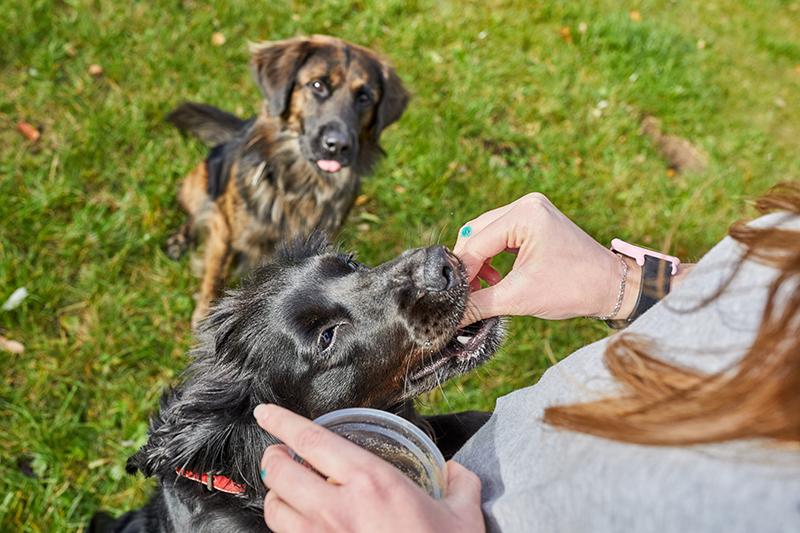Vienna’s CoRE – Integration im Zentrum project aims to address the challenge of integrating refugees into the local community by developing new actions which meet their needs. To this end, it is using EU funding to set up an integrated support system.
- 05 February 2018
The CoRE project is meant to support the implementation of innovative approaches and methods in integration work. With this project, the City of Vienna will build upon existing services to allow for the even faster and more needs-oriented integration of refugees. The project focuses on close cooperation with partner organisations and, most importantly, with the very people who are trying to make a new home in Vienna. CoRE allows us to explore new paths together with the European Union, and to promote positive examples of successful integration.
CoRE focuses on three main aspects. The first is the development of tools that are jointly designed, used and operated by public institutions, NGOs, civil society and refugees themselves.
By pooling resources and know-how in this way and making refugees partners rather than passive beneficiaries, the project helps to strengthen the integration system and make it fit for new challenges.
Secondly, the work includes development of the CoRE centre, an entire floor of an office building which offers office, work, meeting and event space. Thanks to new forms of cooperation among stakeholders, the building will be the venue for various activities. Thirdly, CoRE functions as a think-tank, monitoring and analysing policies, helping to adapt and optimise existing services, and developing and testing new solutions for overcoming challenges in the field.
Dramatic rise in arrivals
Recent years have seen a dramatic rise in numbers of refugees arriving in Austria, particularly Vienna. In 2015, there were almost 90 000 asylum requests in Austria. Vienna’s population grew by 43 000 people during the year – more than twice the recent average annual increase. In the same year in Austria, nearly 15 000 people were granted asylum and around 2500 were given subsidiary protection.
This presents huge challenges for social welfare and housing systems and the labour market. Integration of such high numbers of new arrivals cannot be left to a single authority and the task calls for innovative solutions and new models of cooperation.
Mentoring training and job market skills
To ensure the project meets refugees’ needs, CoRE performs various needs assessments, the results of which form the basis for developing activities. One example is training refugees to act as mentors for their peers. The main focus is initially on young people and women.
Training takes place via workshops for which a curriculum has been developed covering topics such as the asylum system in Austria, gender, racism, social skills and communication. The mentors can then answer basic questions from other refugees in their own language and help them with daily life in Vienna as regards issues including housing, education, healthcare and the law.
To support integration into work and education, a database is being developed to document refugees’ skills and work experience (which are assessed while they are awaiting a decision on their asylum application) so as to develop individual career plans and training and skills development activities. Some refugees are placed in non-profit or public service jobs, while training for refugee teachers is being set up to facilitate their access to teaching posts. Workshops are also organised for potential entrepreneurs to help them negotiate legal, cultural and linguistic obstacles to setting up businesses.
Furthermore, CoRE organises training for volunteers working with refugees. Following an assessment of training needs among this group, traumatisation, radicalisation and language teaching were among the areas identified as requiring coverage.
Total investment and EU funding
Total investment for the project “CoRE - Centre of Refugee Empowerment” is EUR 5 982 840, with the EU’s European Regional Development Fund contributing EUR 4 786 272 through the Urban Innovative Actions Initiative for the 2014-2020 programming period.

